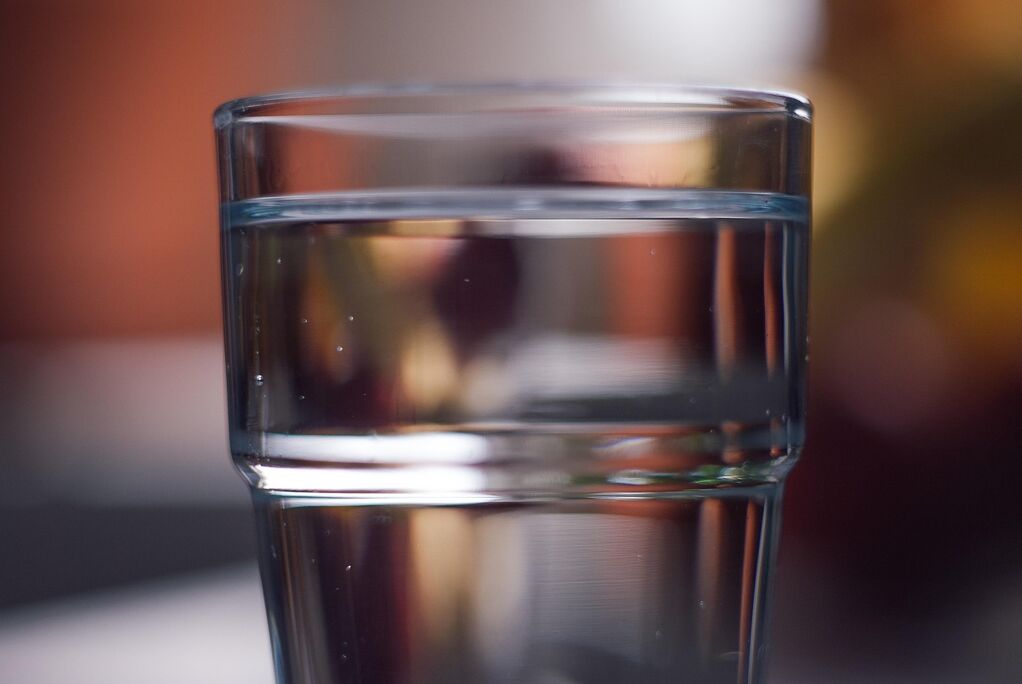Restrictions on drinking water consumption in Roses are lifted
In relation to the incidence of trihalomethane values in the drinking water of Roses, and taking into account the results obtained in the water samples collected from October 21 to November 11, the Department of Health of the Generalitat has notified that the recommendations to the population regarding the use of water are no longer effective.
Sustained values below 100 µg/l
The actions that the Consorci d'Aigües Costa Brava Girona has carried out and is carrying out at the upstream supply of the Empuriabrava ETAP, together with those carried out by Agbar at the downstream supply of Roses, are being effective in reducing the concentration of trihalomethanes.
These have been maintained in a sustained manner since October 21st below the parametric value (100 µg/l) set by the regulations, which is why they are qualified as suitable.
|
DATE |
THM VALUE (μg/L) |
|
October 7 |
111 |
|
October 10 |
96 |
|
October 14 |
92 |
|
October 17 |
102 |
|
October 21 |
82 |
|
October 24 |
72 |
|
October 28 |
67 |
|
October 30 |
60 |
|
November 4 |
62 |
|
November 7 |
70 |
|
November 11 |
49 |
However, the population is informed that monitoring of trihalomethanes will continue with the frequency that has been carried out so far, until the results clearly show that the quality has been restored to consider the incident closed.
Changing water chlorination is key to resolving the incident
To achieve the reduction of trihalomethanes below the level established by the regulations, the main measure adopted has been the replacement of the chlorine gas used for water disinfection with chlorine dioxide, a component more favorable to water quality, which does not produce trihalomethanes when coming into contact with organic matter. Carrying out this replacement in an appropriate manner has required carrying it out progressively, as has been done over the past few weeks with optimal results.
